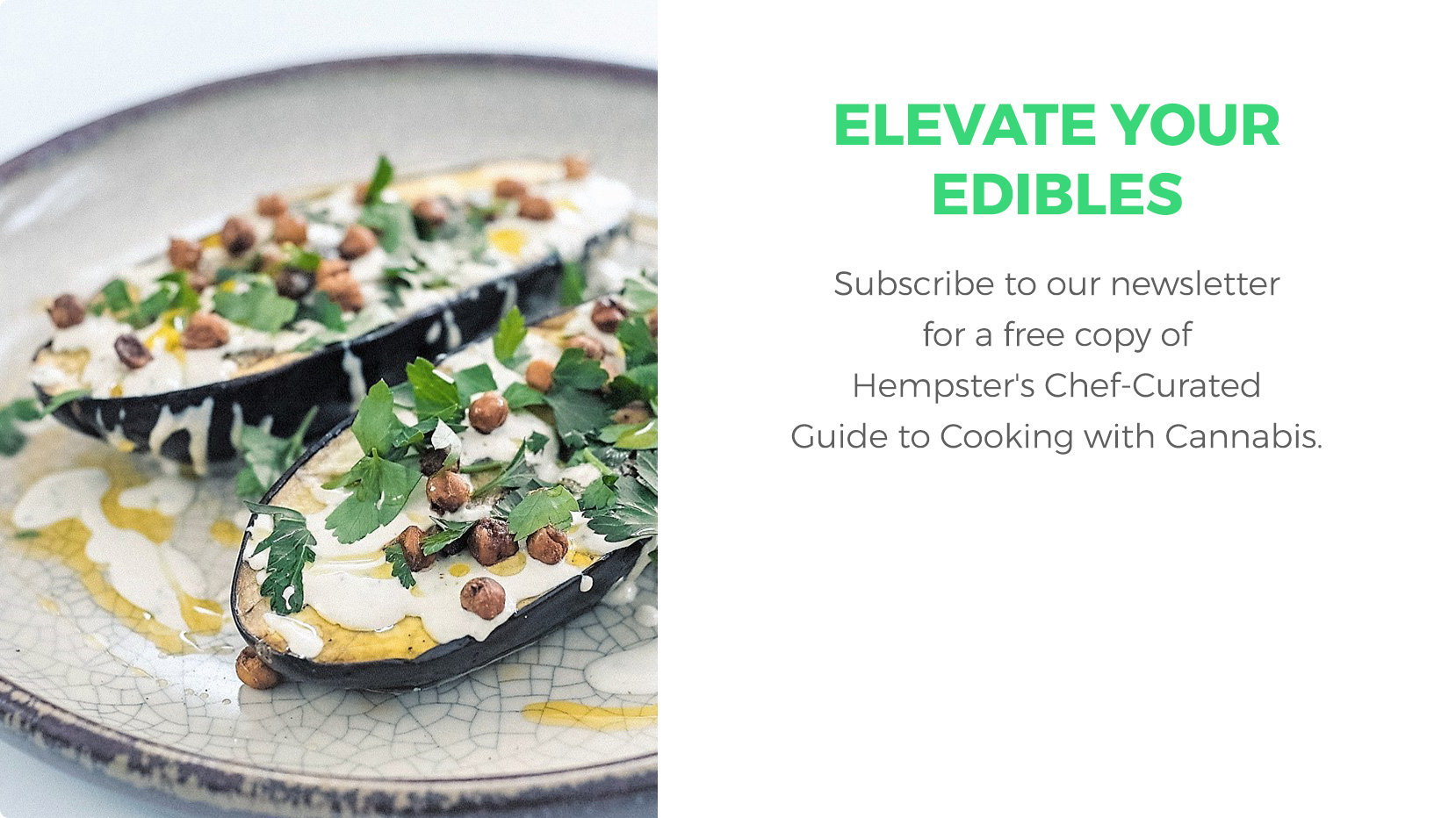Dosing CBD and THC – Why Less Is More and More Can Be Too Much
Finding the best cannabis dose for your needs can be a process – every strain contains a unique mix of therapeutic ingredients, like cannabinoids and terpenes, and every person has an individualized response. And paradoxically, the effects you might experience with a low dose of cannabis can be the exact opposite you’d feel from a high dose of the same strain or oil.
No, that’s not the cannabis talking. This happens because THC – and to a certain extent, CBD– exhibit biphasic qualities, producing different and potentially paradoxical results, depending on whether you take a lot or a little.
“Medications with biphasic effects essentially produce different benefits and risks at different dosages,” says Dr. Michael Verbora, medical director at Canabo Medical Clinic and one of Canada’s leading cannabis doctors. “Typically they’re paradoxical, meaning that the effect that’s achieved at one end of that spectrum – let’s say it’s an anti-nausea effect – at a higher dose on the spectrum, it’s pro-nausea.”
This paradox has been well explored when it comes to the cannabinoid tetrahydrocannabinol , or THC, cannabis’s best-known ingredient, and the one responsible for producing its high. Studies have found that at low doses, THC can offer pain relief, relaxation, euphoria and a break from nausea, while at high doses it can amplify sensations of pain, and induce anxiety, paranoia and nausea.
So what is a low dose, anyway?
Dr. Verbora says under 20mg of THC-based cannabis oil is typically what he considers a lower dose, while over 50mg is a higher one, but cautions against generalizing. “These are all averages,” he says. “It’s just such a personal medicine, given that it’s fat soluble. The range of doses is quite broad.”
Regardless of the symptoms he’s treating, Dr. Verbora generally counsels to start low.
“Because of this biphasic effect, our approach is start low, particularly with THC products, and titrate up by one milligram doses until you have the lowest effective THC dose,” he says. “And the reality is the research shows that most of the medicinal properties seem to be at the low dose end.”
For the majority of patients, microdosing – the practice of finding the minimum effective dose of a given drug – is the way to go, says Dr. Verbora. “You get a lot of the physical benefits of the cannabis plant, and perhaps some of the psychological benefits, without getting impaired.”
Are all cannabinoids biphasic?
We just don’t have enough research to know whether all cannabinoids behave biphasically, says Dr. Verbora. Years of prohibition stymied cannabis science, and it will be quite a while before we understand the full implications of every cannabinoid, and their interactions with our bodies, other drugs and each other.
Cannabis is also much more than the sum of its cannabinoids – it’s a natural cocktail of therapeutic ingredients, each bringing unique properties and interactions to the mix. Currently the cannabinoids getting the most attention are the two most prevalent and best studied – THC, which definitely behaves biphasically, and cannabidiol, or CBD, which may as well.
A study published in Neuropsychopharmacology found that CBD may relieve anxiety at lower doses and encourage it at higher ones, “though the mechanism is not completely understood.” Another study, published in the journal Neurotherapeutics found that when CBD was mixed with snake venom cells, it was stimulating at lower doses, and sedating at higher doses. The study authors note that it’s unclear whether these molecular effects would carry over to mammals like us, although Dr. Verbora says he does warn patients that this may occur.
For his part, Dr. Verbora concentrates more on THC’s better-established biphasic impact, since his observations mirror the clinical research, with patients experiencing relief from anxiety, nausea and pain lower doses, and aggravation of those symptoms at higher ones.
It typically takes a bit of trial and error to determine the best dose, and not surprisingly, Dr. Verbora advises consulting a doctor experienced at prescribing and monitoring cannabis if you’re consuming cannabis medically.
Still have questions about cannabis dosing? Book a free online consultation with a Natural Care prescriber, or call 1-888-671-8022 for answers.

